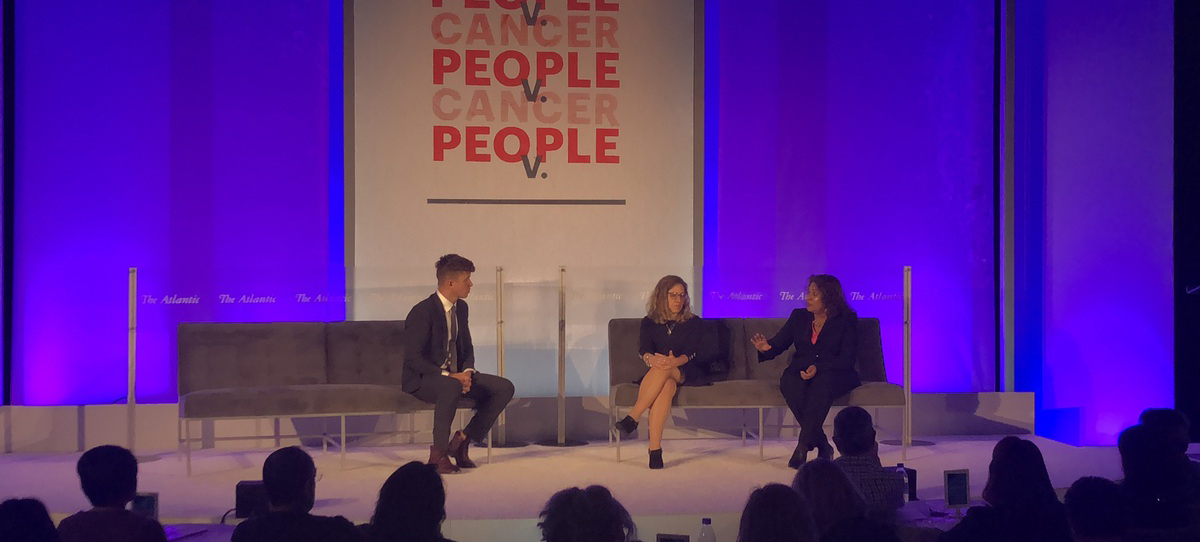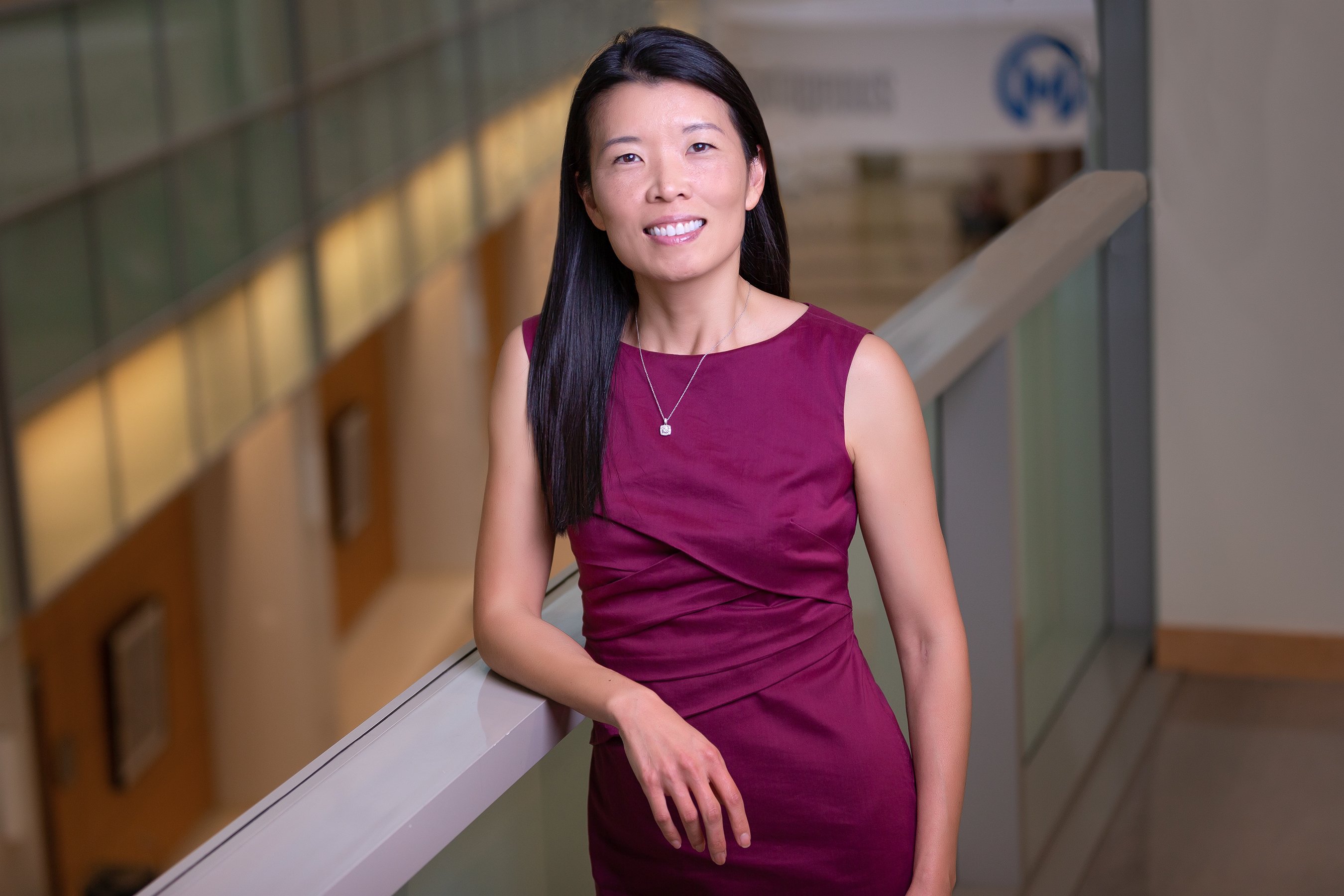‘The Truth about Food and Cancer’ with Dr. Nagi Kumar
What does it mean to live with cancer today?
Moffitt Cancer Center’s own Dr. Nagi Kumar joined Patrick Demsey, Marcia Cross and others at the People v. Cancer summit in New York to discuss just that. The daylong event Nov. 12 brought together patients, advocates, researchers, journalists and industry professionals.

Dr. Nagi Kumar
Dr. James Hamblin, staff writer for The Atlantic, moderated “The Truth about Food and Cancer” with Kumar and Dr. Yael Vodovotz of The Ohio State University.
Here’s a flavor of the panel discussion:
Tell me about the most exciting thing you are working on right now.
Kumar: We are researching how phytochemicals (plant compounds) can modulate oncogenic processes. There are over 80 foods or drinks that have the potential to modulate cancer pathways. We break down their bioactive compounds to see if and how they are having an effect. For example, green tea drinkers have one of the lowest rates of prostate cancer. We are currently examining how green tea catechins can slow cancer progression.
Is this research intended for new drugs or to shape how people eat?
Vodovotz: We take these bioactive compounds and formulate foods, then see if they have the potential to help treat cancer.
Kumar: We develop drugs using extracts from biochemicals that are FDA approved.
Vodovotz: We focus on prevention not cure. Instead of recommending you eat two cups of blueberries per day, we concentrate them into foods. A lot of people cannot eat the full amount required or do not have access to a certain food product. We focus on finding ways to preserve foods so we can retain the quantity of the bioactive compounds even in off seasons or in regions where these foods do not grow.
How is what you are doing different than a supplement?
Kumar: These over-the-counter supplements have not been tested. Their potency is not strong. Our testing ensures the bioactive agent is present and not past its shelf life. Instead of buying supplements, we recommend eating plant-based foods as much as possible. Our research is still in clinical trials. I advise people to paint your plate like a painter’s palette. The goal is not to upend existing dietary research but to utilize an evidence-based approach.
Is this not expensive?
Kumar: I do not expect that this will be expensive since it is nature-based — especially compared to other pharmaceutical products. It is available to everyone.
Vodovotz: Food industry margins are quite low. Taste and shelf life matters a lot too. We have to do everything pharma does but then consider all these other factors as well.
Kumar: For example, we developed a berry gummy for children but it was too bitter and we had to make it sweeter. We have to examine both effectiveness and consumer preferences.
How do you integrate what you are doing into the larger cancer research landscape?
Kumar: Food is not just nutrients or medicine — it is culture and history. Lifestyle interventions are among the most complex group of studies. There are all these different silos, like sun exposure, tobacco use, and diet, that factor into the overall picture.
Vodovotz: There are so many variables but we want to show the efficacy of specific foods and concentrate on that.



